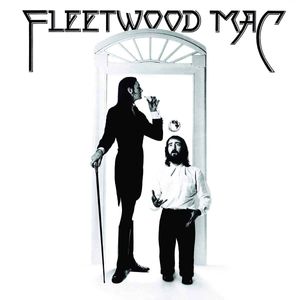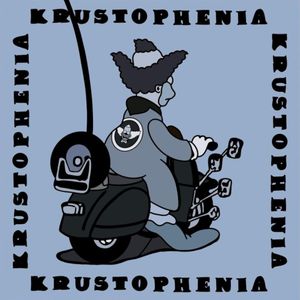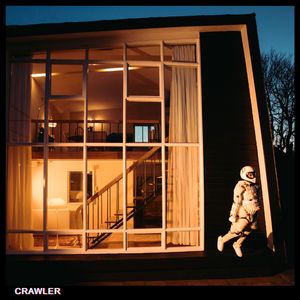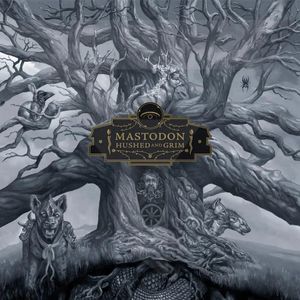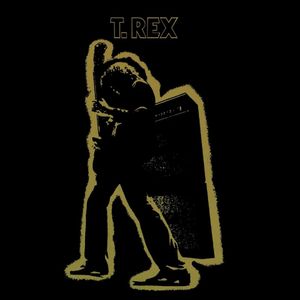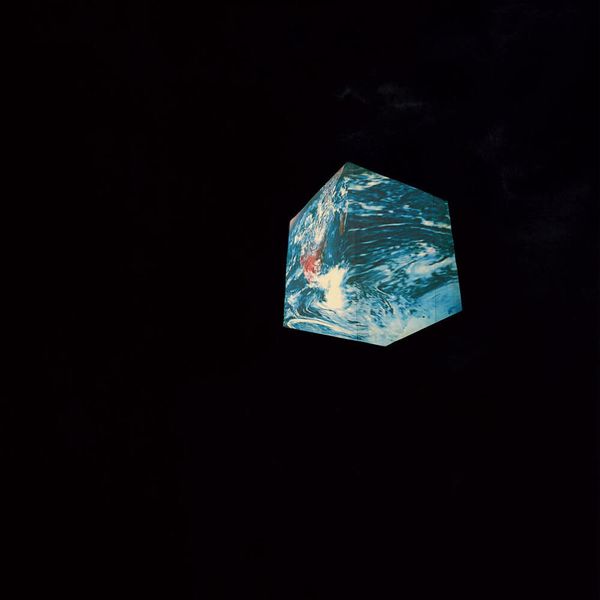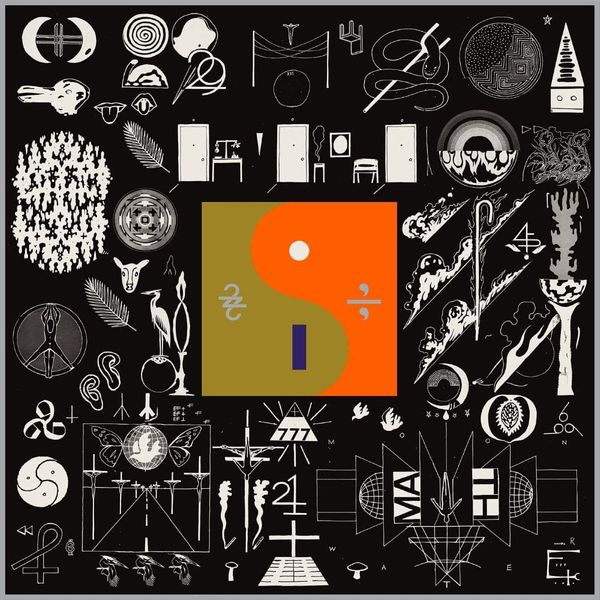Double Negative
Low
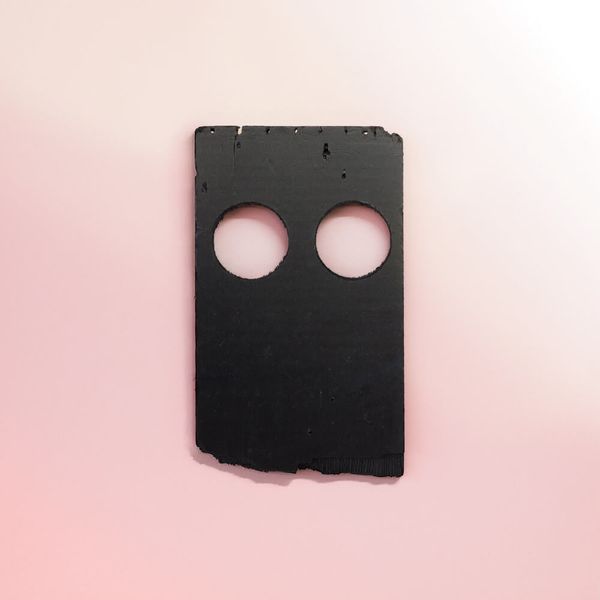

Favourite Tracks
- Rome (Always in the Dark)
- Always Trying to Work It Out
- Always Up
Marcus
Despite my liking for Double Negative, I won’t be cherry-picking any of its tracks to stick in my rotation. The album, taken as a whole, becomes a pretty wonderful realisation of a concept I’ve never really heard done convincingly, but standalone tracks are too outlandishly separate from anything else I listen to. That’s no criticism; Beethoven doesn’t get a look-in either, though I’m told he’s devastated.
It’s a tall order, producing melodic and restrained music while your instruments sound as though they’re on the verge of shattering to pieces, but Low manage it. There’s a constant stream of static with blunt edges, and the glitches are rarely more than a few moments apart, but it doesn’t come off as overbearing. It’s soothing, and occasionally cathartic when the smudged out instrumentation reaches a crescendo.
The vocals — scarce, obscure, and often unintelligible — feel as though they fill a much-needed slot without ever necessarily imparting meaning. There’s always something familiar going on that prevents it all from becoming impenetrable, while the production dissociates the instruments themselves from the sounds they’re producing. Zoning out to the structured white noise creates a platform for an absent mind, though at the same time it steers in a particular emotional direction.
Whether it’s triumphant or fearful, hopeful or despairing, it feels genuine and powerful. To begin with it doesn’t make for easy listening of any kind; you have to lose yourself in it, and that requires a degree of commitment. Once it’s tuned you into its frequency, the genius behind the wall of fuzz becomes clear.
Favourite tracks //
- Dancing and Blood
- Rome (Always in the Dark)
- Always Up
Fred
There was an unfortunate spell a couple of years back where artists were putting out records that deliberately sounded dreadful. They presumably thought they were onto something. They were wrong. Tracks crackled into dead ends and perfectly good arrangements were buried alive by gratuitous effects. Bon Iver’s 22, A Million was possibly the most egregious example, a jittery hodgepodge of glitches that mercifully faded from memory almost as soon as they ended. The fad passed and the world found other ways to disappoint. I thought we were in the clear.
That is until Low released Double Negative, a record which takes up the tech malfunction torch and, surprisingly, makes some progress with it. There’s a nuance to the approach here that I haven’t heard before. The electronic foundations almost sound sleep-deprived, strained and delirious. It grates, but it also scratches a distinctly 21st century itch. Low produce enough otherworldly frenzies here to keep former reservations at bay for the most part. There’s a particularly brutal, brittle edge to “Always Trying to Work It Out” and “Rome” that’s exhilarating. That said, at other times *Double Negative *barely manages to be tolerable. As with SOPHIE earlier in the year, the technical feats far outweigh the musical journey.
I feel like one of those snobs who sneered at Marcel Duchamp’s Fountain, but then I am a bit of a snob. I don’t care much for music that sounds like a static malfunction — much in the same way I don’t care much for books with smudged, ineligible text. Or food poisoning. Or film reels bursting into flames. Fragmenting why a medium works makes for a curious intellectual exercise, but it seldom achieves more for me here. I do recommend listening to it though. The record does feel like it’s scratching at the frontier of something; I just wish the scratching sounded less like nails on a chalkboard.
Favourite tracks //
- Always Trying to Work It Out
- Rome (Always in the Dark)
Andrew
Low’s heavily crushed, noisy, glitchy approach to their latest album could have quickly put me off, and may well not be everyone’s cup of tea. However, Double Negative has intrigued me during my time with it. Unlike earlier releases that leaned more heavily on indie rock and folk, this instead goes for an atmospheric, ambient, electronic sound that feels refreshing and intense all at once.
Between the rippling sea of noise in “Quorum” and the ominous, droning pads in “Dancing and Blood”, the albums opening moments certainly aren’t the most welcoming, and it sets a precedent for the brittle, lo-fi sound that makes up the whole tracklist. “Always Trying to Work It Out” is probably the first point that feels accessible, with twinkling guitars and thumping drums slightly reminiscent of Alt-J’s debut album, but even here the production choices mean everything gets squeezed, as instrumentation fights amongst itself to get a space on stage.
“Rome (Always In the Dark)” makes for a similar story, and on its own it could be mistaken for a turn of the decade post-dubstep track without merit, but the production choices make it stand out from the crowd, for better or worse. It’s the real prominence in the production that makes this album such an interesting one, crunching and distorting to the point that it adds a real weight to each track even on the tinniest speakers, but to the detriment of the overall quality of sound at times.
The closer, “Disarray”, is a moment that balances the two well, making use of the distorted crunch of the whole album on just a portion of the instrumentation, leaving the vocals free to fill a listener’s ears and I find myself left wanting more by the end. There are moments of light relief like “Always Up” and “Dancing And Fire” too, and these also make for a brighter spotlight on the beautiful vocal talents of the group.
Double Negative sits on the line between distracting and intriguing, overstating and leaning into production ideas to enhance the music. That in itself is enough to entice curiosity as a listener. It’s less a collection of tracks and more a full project that needs listening to from end to end, and while that may make for a less accessible release, it’s made for a more memorable one for sure.
Favourite tracks //
- Always Up
- Always Trying to Work It Out
- Disarray
